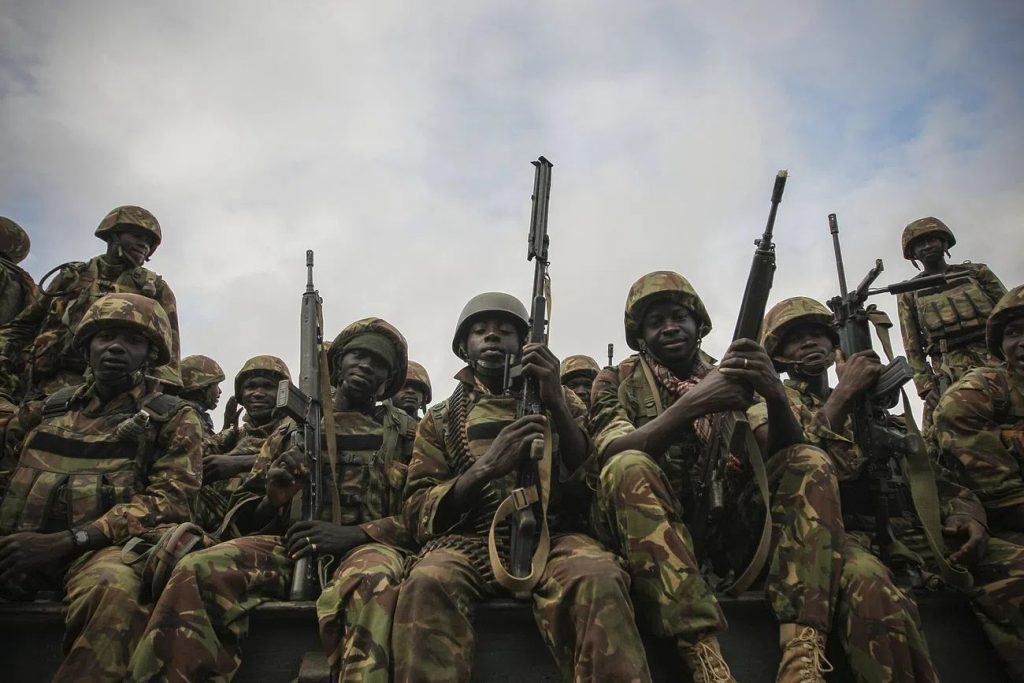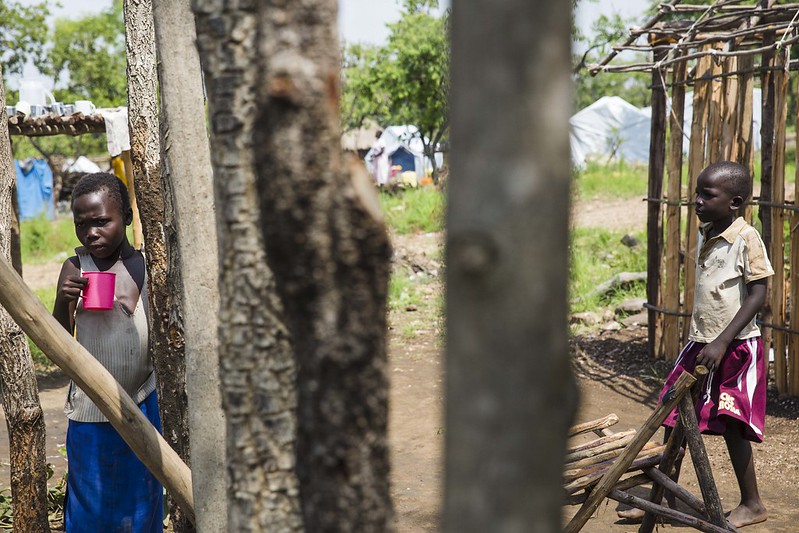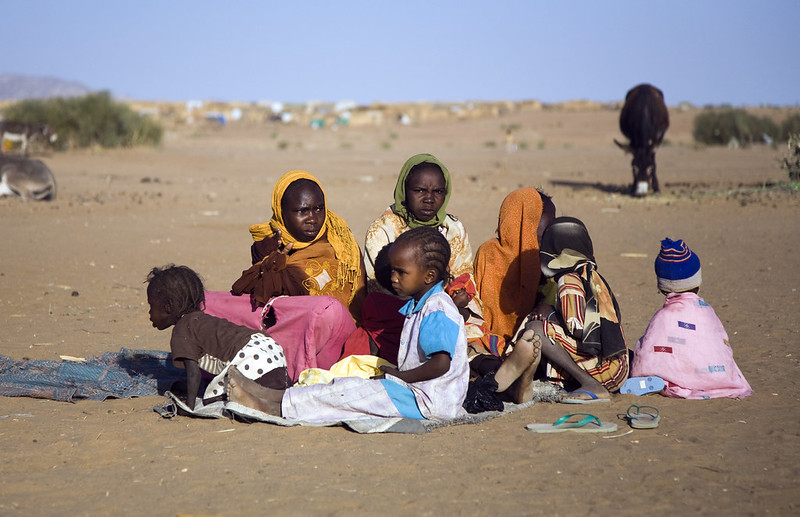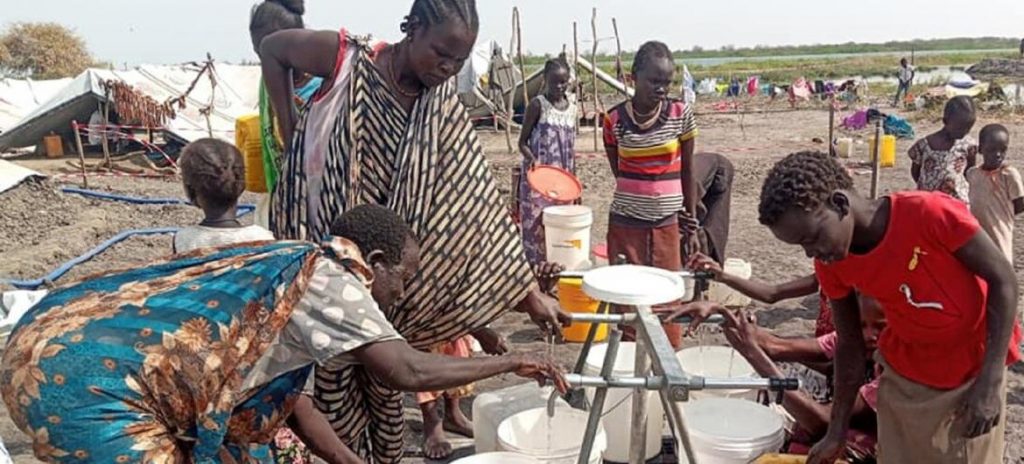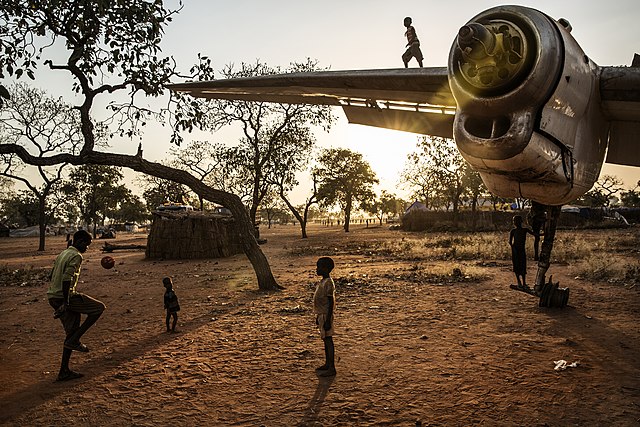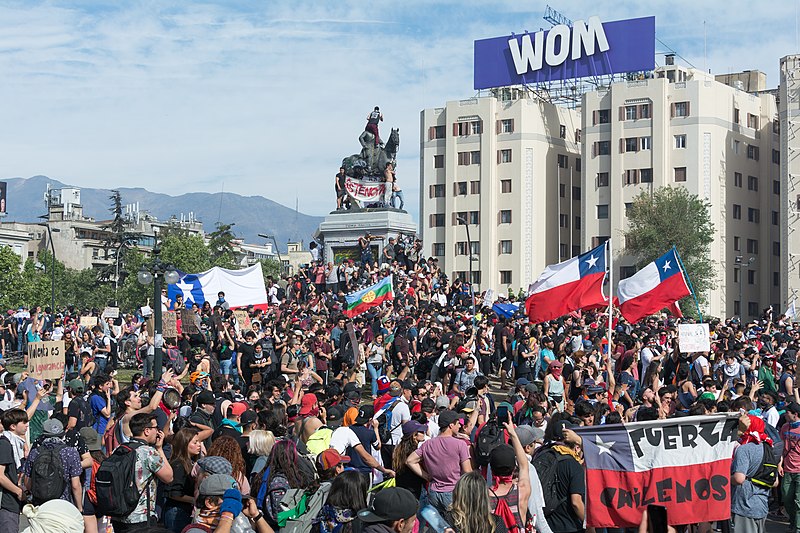“Extreme hunger is unfolding” as a civil war enters its second year and funding is slow to arrive, the agencies warned.
By Edward Carver. Published 5-31-2024 by Common Dreams

A group of United Nations agencies and humanitarian groups sounded the alarm Friday that 18 million Sudanese are acutely hungry as a civil war that began in April 2023 continues to ravage the country.
The Inter-Agency Standing Committee (IASC), a group of 12 U.N. agencies and 7 humanitarian organizations, issued a statement on the staggering scale of hunger and insecurity in Sudan, including in the Darfur region in the country’s west. They called for an immediate influx of international funding—billions of dollars of which has already been pledged, but not yet delivered—so that food could be planted before the rainy season.
Continue reading



